|
Forgiveness. When you hear this word, what images or feelings come to your mind and heart? Do you smile, thinking how someone has forgiven you, especially God? Or is there a bitter taste of betrayal still lingering within you? Maybe thinking of forgiving someone makes your heart tighten into a knot, and feelings of hatred may even surface as a result. When it comes to forgiveness we can have different attitudes. Our attitude may tend to be the person doesn’t deserve to be forgiven because they are likely to do it again. Or we want the person to learn from what they have done to us. We might even feel that it is not fair what was done to us and so the person should suffer until they can prove they really are sorry. Jesus gave us the “Our Father” as a powerful prayer, and He even walked the talk when it came to putting forgiveness into practice. He forgave a thief on the cross and even more importantly He forgave His persecutors; those who had Him crucified, drove the nails into His hands and feet, and those who were seeking for His blood, wanting Him to die. Thus Jesus showed us the way to forgive. He showed us that no matter what, we can forgive. Often our answer to the prompting to forgive someone is “I won’t forgive” or even “I can’t forgive”. I believe often the “can’t forgive” answer is right. My reason for this is that on our own we often can’t forgive. But with God’s grace we can forgive. We need to surrender the issue to Jesus, to lay it at the foot of His cross. We need to say, “Jesus, you died on the cross for my sins, and even for the sin of unforgiveness that is in my heart. Give me the grace to be able to forgive this person who hurt me so much. I need your grace to be able to forgive.” We may need to keep surrendering this hurt and even unforgiveness to Jesus. Whenever we feel the pain coming back when thinking of the situation we need to surrender it to Jesus again. Unforgiveness can eat us up. It can rob us of sleep, from peace of mind and even affect other relationships. When we are clinging onto unforgiveness and even bitterness and hatred with both of our hands, then our hands and especially our hearts are not open and free to receive the blessings our Loving Father is longing to give us. We may not even recognise the blessings He is already giving us. Recently at Mass the Gospel (Matthew 18:21-35) was about forgiveness. It was the parable of the king who forgives his debtor 10,000 talents, but in turn the pardoned one does not forgive the one who owed him a meagre amount of 100 talents in comparison. During the homily the priest gave a powerful sermon of an example where he was meeting regularly and praying for someone who was dying. When they prayed the “Our Father” this priest was the only one praying “forgive us our sins as we forgive those who sin against us.” The man went silent during this part of the prayer. Father asked him gently why he kept silent. The man’s answer stunned the priest. He shared how he experienced World War II at the hands of the Nazis. He escaped from home only to have his own family murdered by the Nazis. Therefore he could not forget the Nazis for what they had done to him. He would not forgive them as long as he lived! The priest was lost for words and kept visiting him and praying for him. Then another time when the reading was about the king forgiving his debtor the huge amount, the man’s heart was deeply pierced. He broke down in tears and forgave his persecutors. When he was dying he asked the priest to relay to his children his sorrow for not loving them properly as he had harboured such bitterness and unforgiveness in his heart. The man died and the priest was able to pass on the message to the children at the funeral. This account of the man finally forgiving his persecutors touched me deeply. Father also said in his homily that it shows the interpersonal aspect of unforgiveness. As I relate in my book “God: Fact or Fiction?”: “all sin affects others; there is no sin, not even one apparently done in secret that exclusively concerns the person committing it.” Saint John Paul II says in the Apostolic Exhortation, Reconciliation and Penance: “With greater or lesser violence, with greater or lesser harm, every sin has repercussions on the entire ecclesial body (Church) and the whole human family.” Therefore every sin has effects that are personal and social. No matter whether you have had your heart shattered, your husband or wife left you, your children stole your money or used you, your parents betrayed you, or even if someone murdered someone you love, there is power in forgiveness. It is possible to forgive. It is crucial to forgive. Forgiveness sets you free. When you don’t forgive, the prisoner is you. When you forgive, a weight is lifted off your heart, you are set free. Forgiveness leads to life. As Jesus said “I have come that they may have life and live it to the fullest (John 10:10).” We can live life to the fullest as forgiveness leads to life. Forgiveness leads us to Jesus.
0 Comments
|
BLOG POSTS:How to Live in the Present Moment?God's Promises Never FailYour Jar of Flour and Jug of Oil will Never Go EmptySMILE, When you think you can'tFINDING LOVE GOD'S WAYPrayers from the HeartHow Do I Surrender The Pain In My Heart?A Letter to my Future HusbandWhat Is True Love?Are You Still Waiting For God's Promise?Forgiveness Leads To Life7 Essentials to a Joyful MarriageThe Art of WaitingHow To Melt The Heart Of A Grumpy SpouseThe Art Of Letting GoYour True WorthGratefulness For Moments of GraceHeartaches Are BlessingsGod's Faithfulness Behind My ProposalValentines Day BluesAre Virgin Men Going Extinct?Everything For The LordThe Gift Of SufferingHow To Be You?Brendan Roberts
|
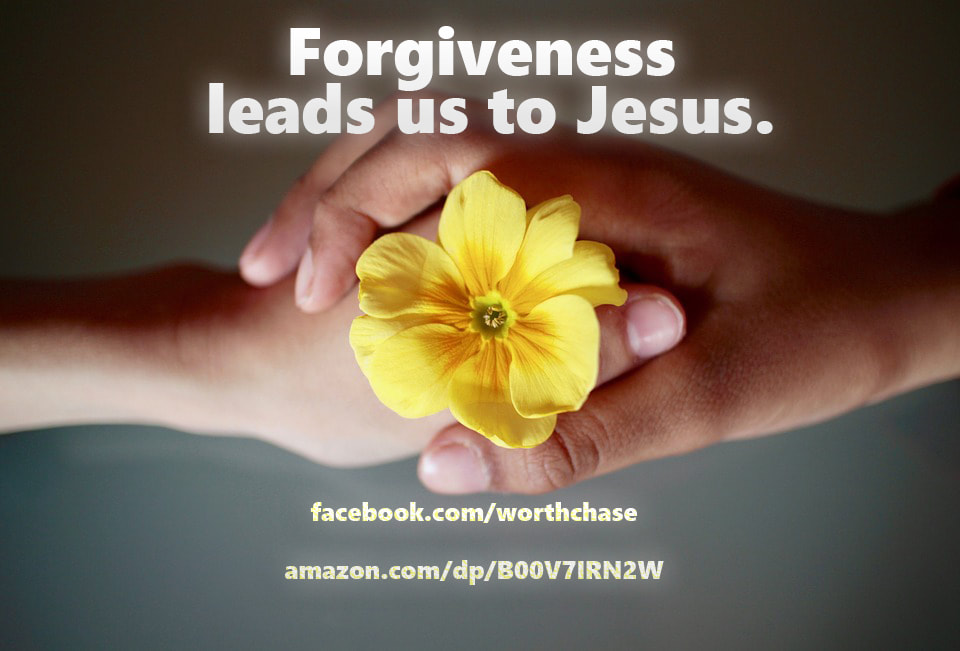

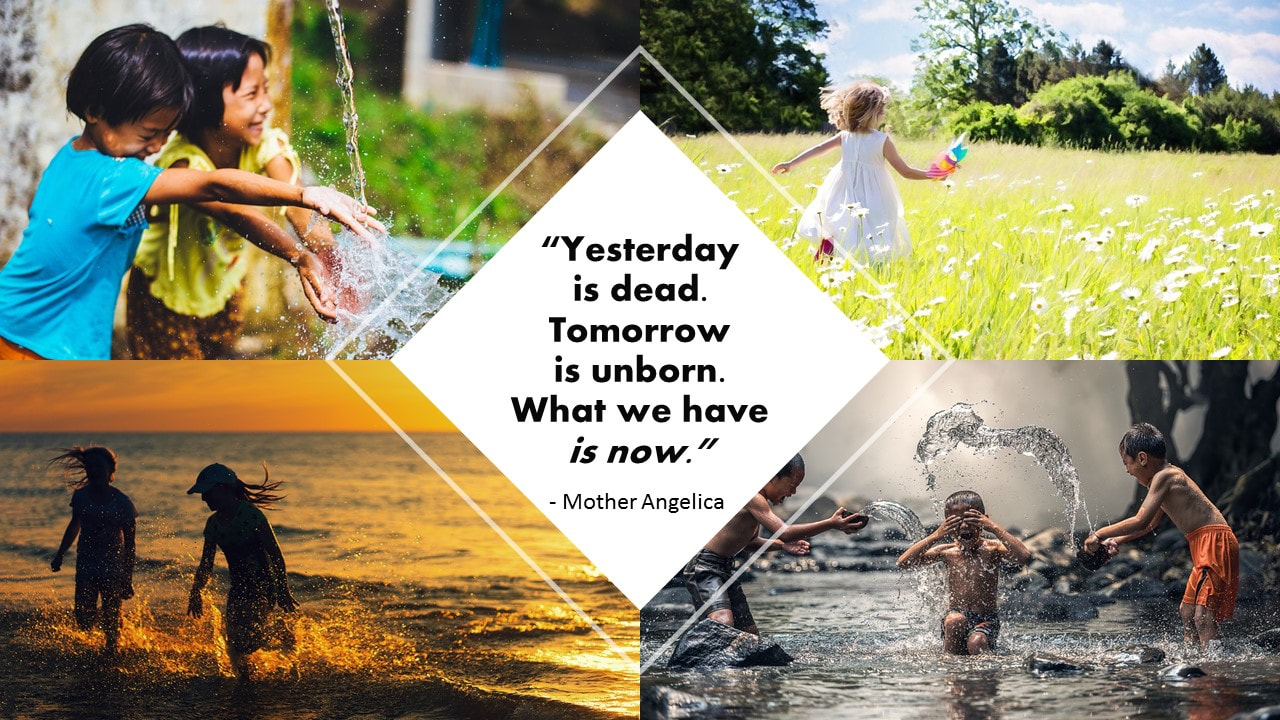
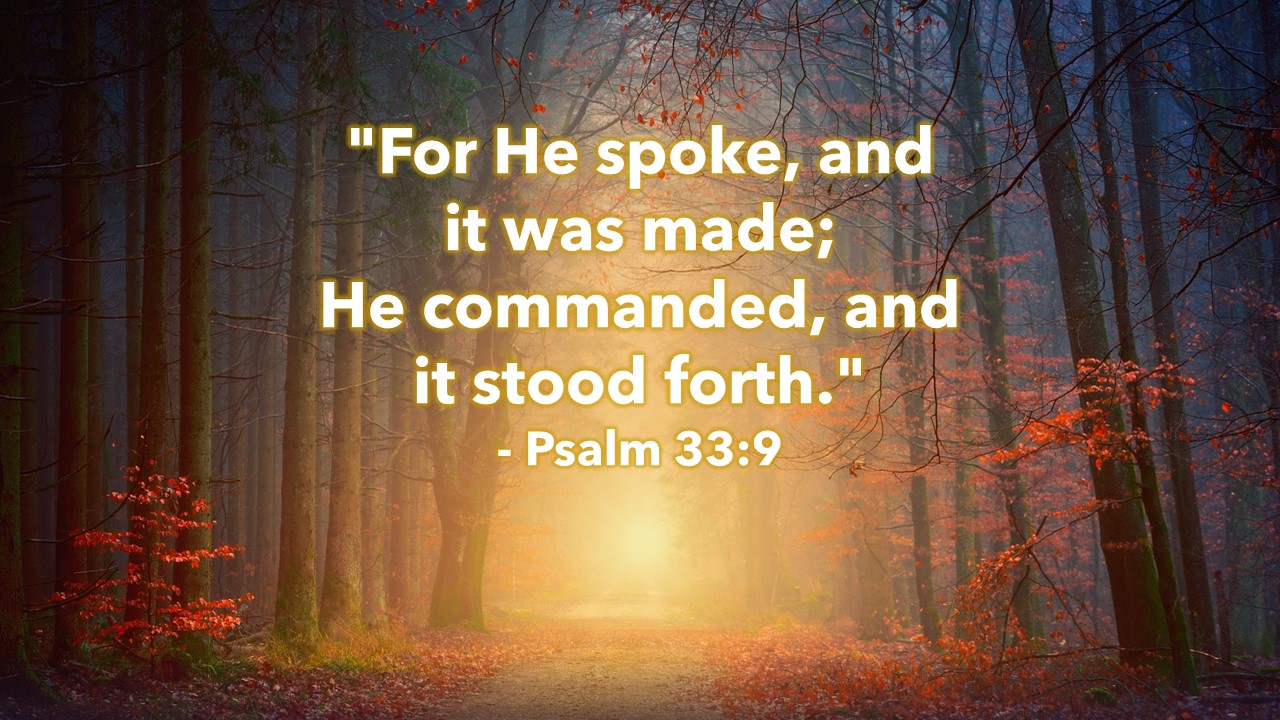
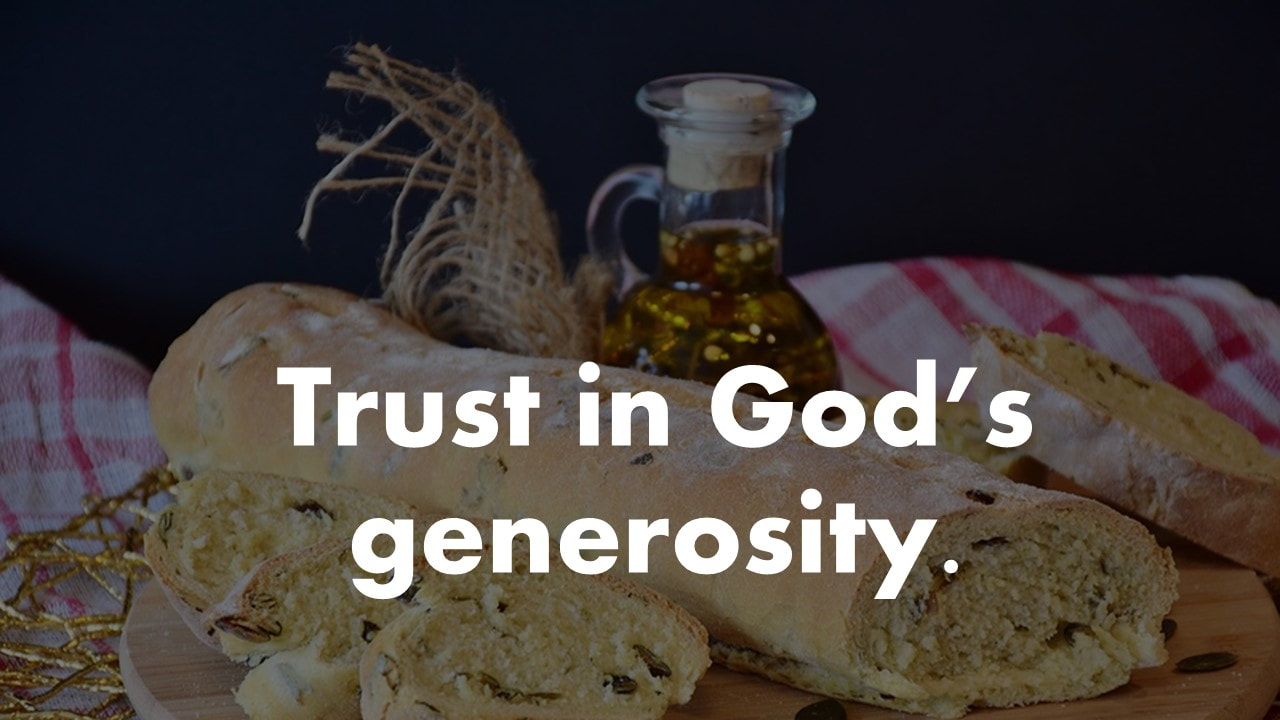






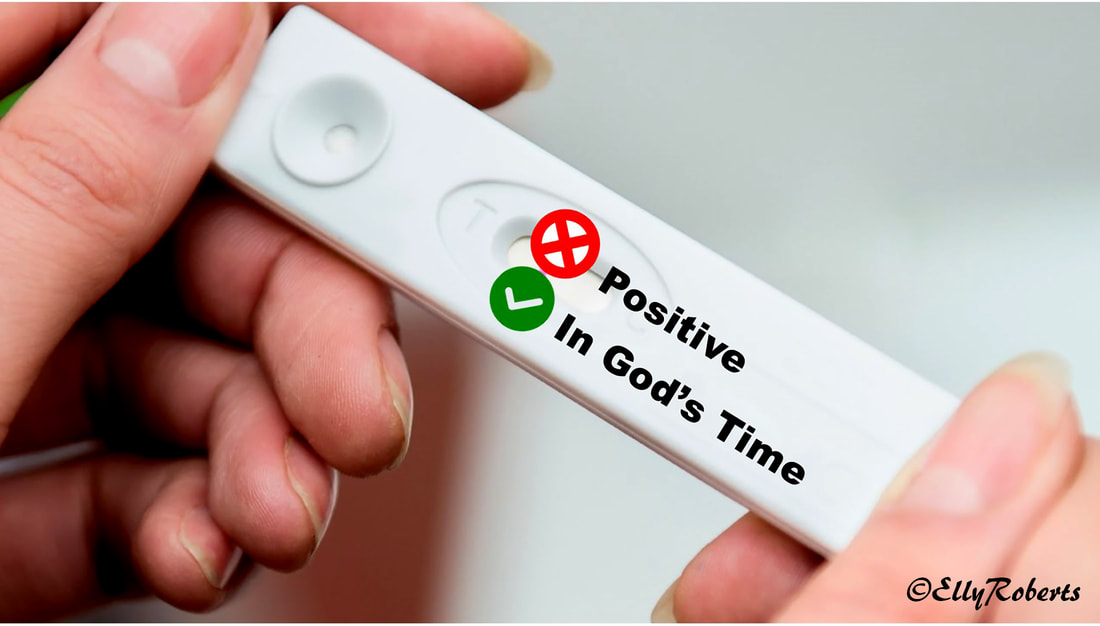
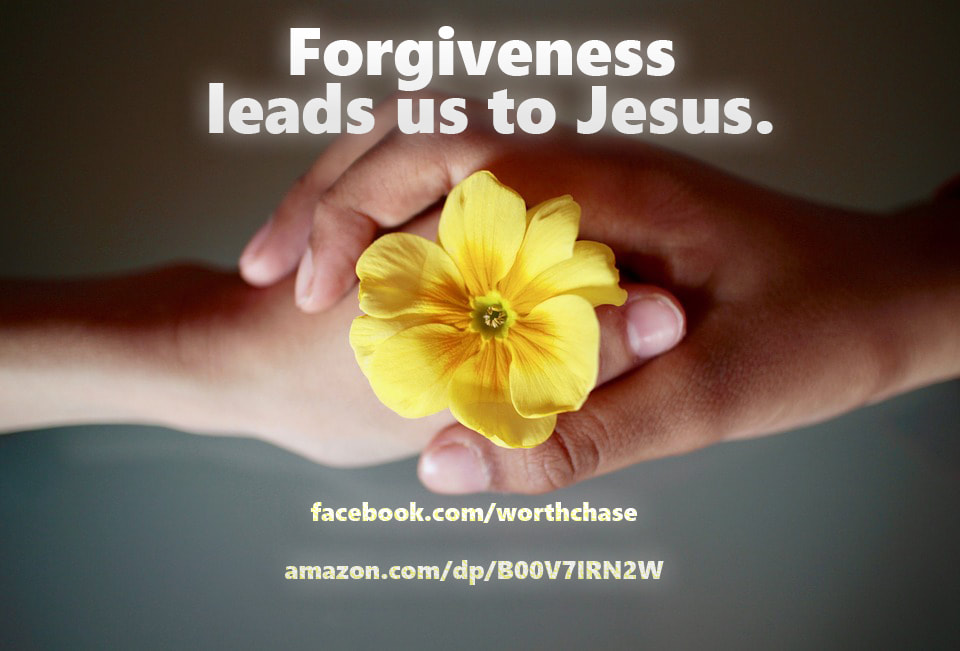


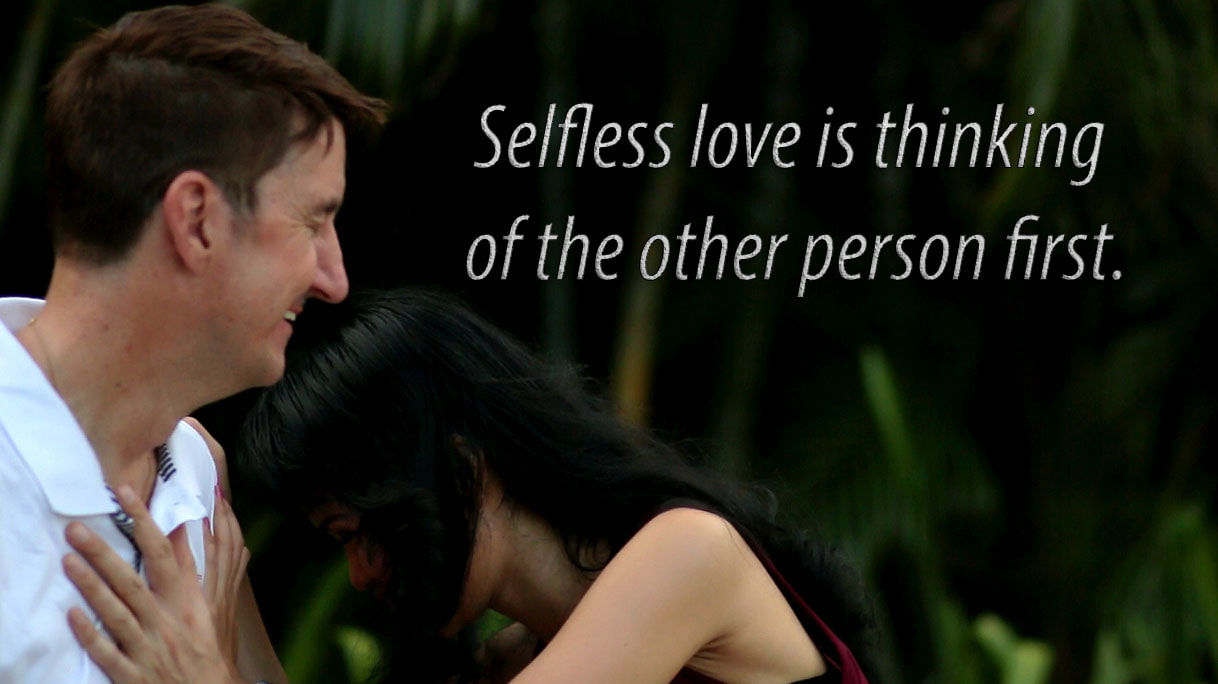


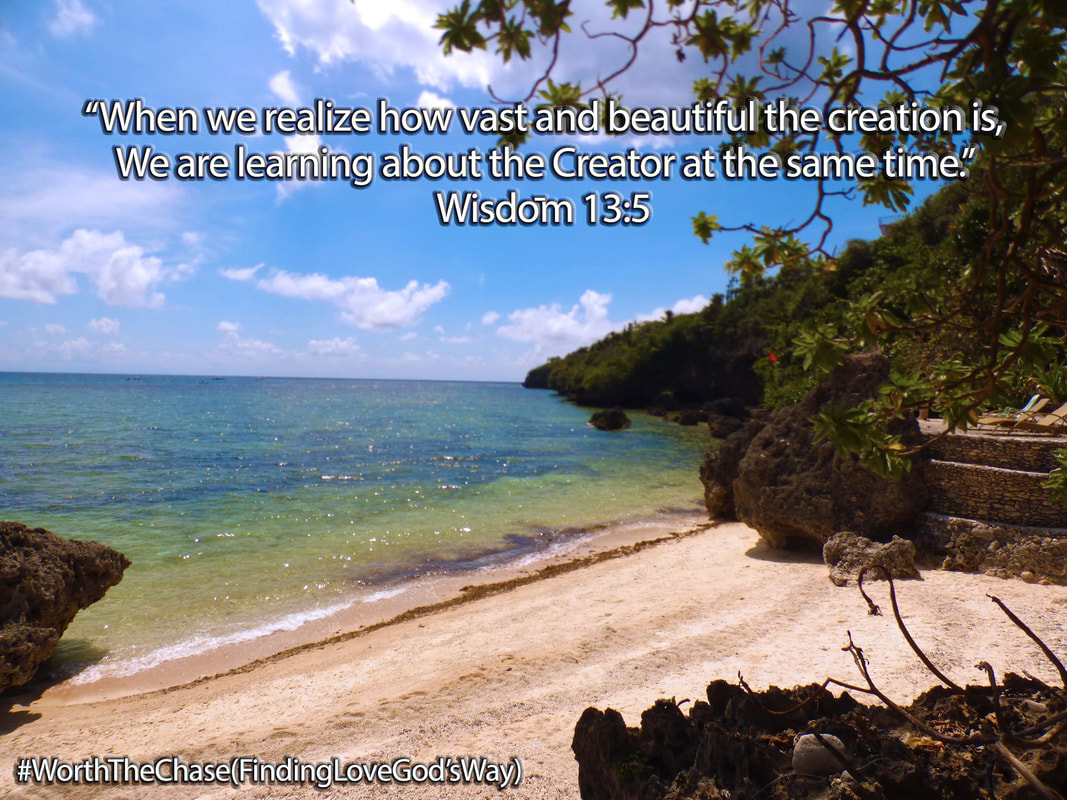





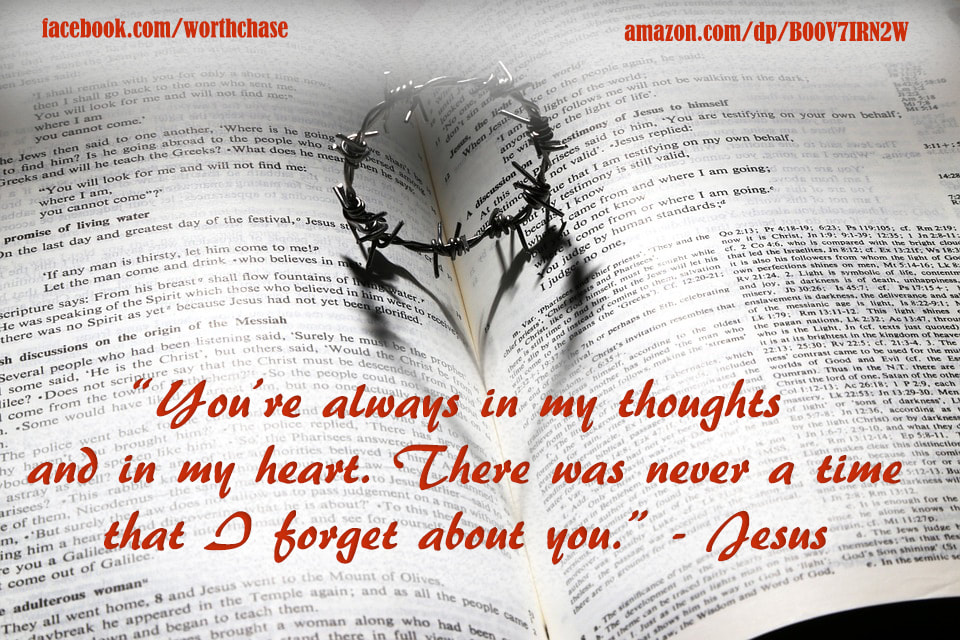

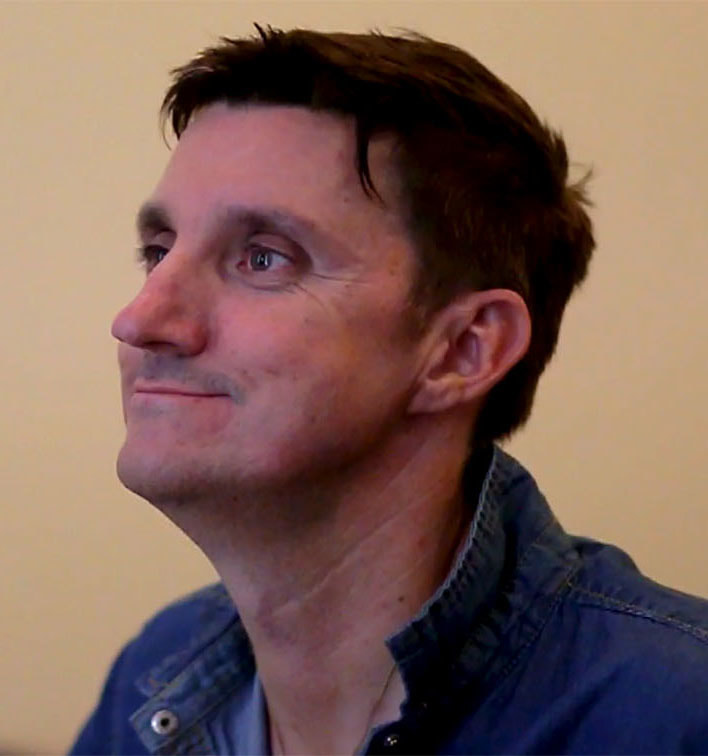

 RSS Feed
RSS Feed